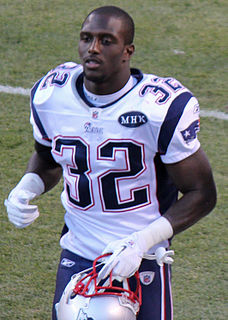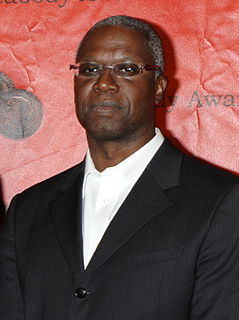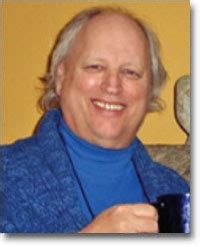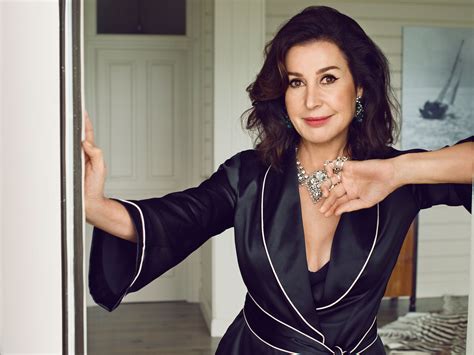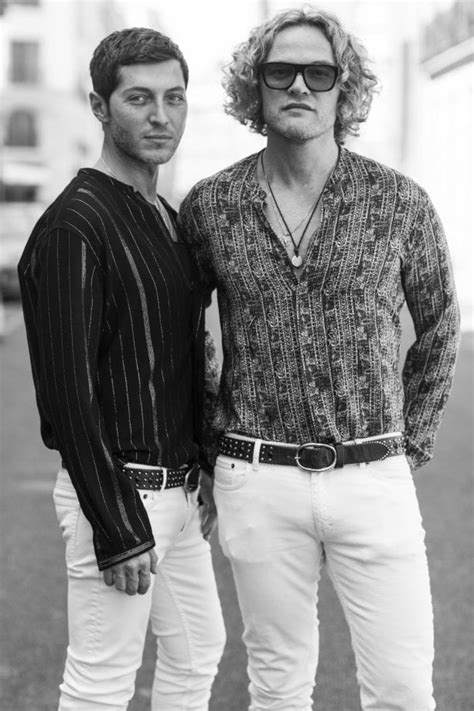A Quote by Devin McCourty
I think the more you can kind of decrease yourself and kind of increase other people's stories and give them the light, I think that's what it's all about. Whether it's community service or giving back to the community in different ways or helping people, it's not about yourself.
Related Quotes
I think there are two sides of the coin. On one hand, it can be challenging to access different parts of yourself, and you kind of have to put yourself back into reality when you're done with the job. But I think it's also really cool to have the ability to try on being different people and to explore some parts of yourself because you get to know yourself better. You get to know parts of yourself that you haven't met before. I think that's something that I've been learning more recently.
Twitter was an alternative community for me. A different kind of community. I knew I was making people angry. But it didn't matter, they weren't my community. But the longer I was on Twitter and the more I came to know these people, to like and respect them, the more I could see the empathy and grief and sorrow they were expressing.
When you are organizing a group of people, the first thing that we do is we talk about the history of what other people have been able to accomplish - people that look like them, workers like them, ordinary people, working people - and we give them the list: these are people like yourself; this is what they were able to do in their community.
My greatest influences are actually probably a set of different teachers. And these teachers, most prominently at my high school, but also a few others, helped kind of instill in me, thinking thoughts about how life is meaningful in terms of how we all kind of live in a network of people and how you interact with those people is part of what makes life essentially meaningful and then kind of concepts to think about, how do you add value to other people's lives? How do they add value to yours? And how do you kind of form a community together in the network?
Obama found a lot of people that think just like he does, and he put them in the intelligence community. Can you imagine? When you think of the intelligence community, don't you think of super patriots, don't you think of people out there even risking their lives to defend and protect the Constitution and the people of this country and this country itself as founded? No. That's not the kind of people Obama put at the CIA.
There's a social and human necessity for some kind of continuity, but it's not axiomatic and not something you're born into; it's something you have to work at. And one of the ways to work at it - perhaps the best - is storytelling: telling stories about yourself to others, telling stories about yourself to yourself, telling stories about others to others.
I think a lot of people, when they think about the house, they think of the print. But when people think about Emilio Pucci, I want them to think about this really, really hot girl, so my biggest job is to give her a face and an identity - and I do that by trying to associate that kind of print that people have in their minds with a kind of girl who is free-spirited, rebellious, a little bit rock 'n' roll, and who has a lot of energy, who is up.
Sacrifice doesn't really exist on a national level anymore and that's a pretty new thing - most people aren't engaged nationally in some form of service and that changes the way you think about people in your country; you kind of think of them at a distance. And so there's that shift away from some sort of sacrifice - thinking of yourself as the most important thing in the world versus thinking of yourself as some sort of a whole.
Do whatever comes your way to do as well as you can. Think as little as possible about yourself. Think as much as possible about other people. Dwell on things that are interesting. Since you get more joy out of giving joy to others, you should put a good deal of thought into the happiness that you are able to give.
These events are swirling around them. In the white community, people felt like they had no control over their neighborhoods, their destiny. In the black community, centuries of government and economic forces were pushing on them. I went in with a kind of arrogance, maybe, that came from living in a very intellectual family, and I left knowing that there was a lot about the way people lived that I didn't know about.
